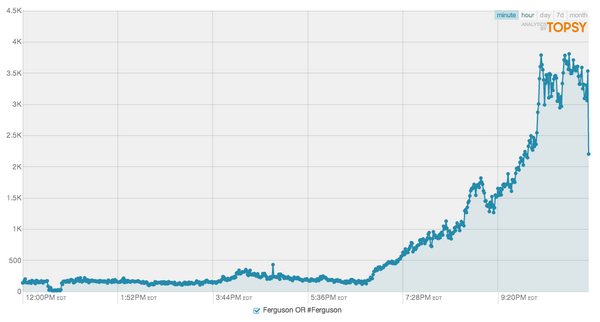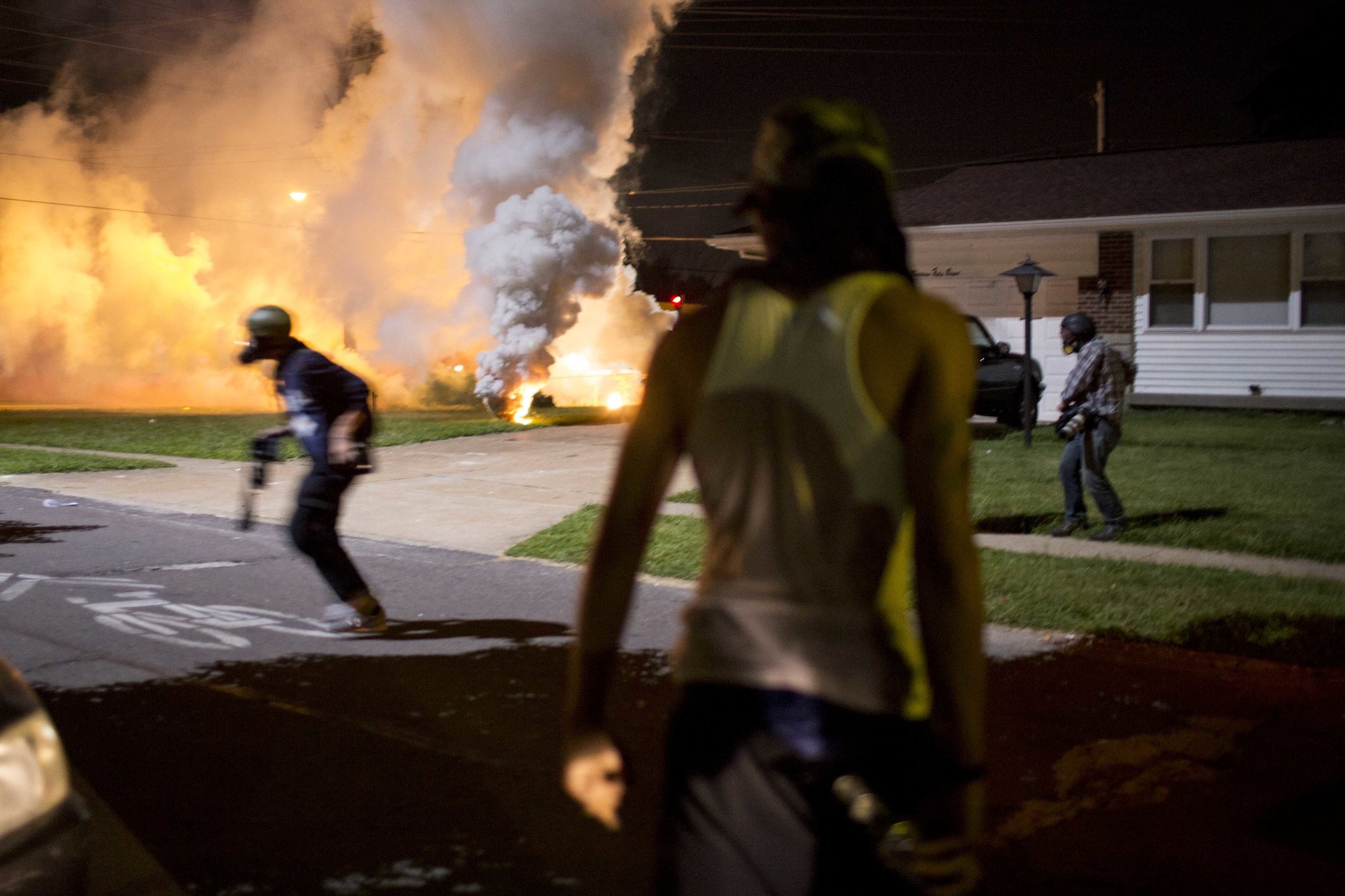
Un peu daté (31 août – l’époque des émeutes de Ferguson aux USA), mais très intéressant article dans le Guardian sur la régulation algorithmique des informations qui va prendre de plus en plus d’importance au fur et à mesure que les timelines deviennent de plus en plus importantes pour les lectures quotidiennes des citoyens : We can’t let tech giants, like Facebook and Twitter, control our news values
En résumé :
- Cela fait plusieurs années que des gens comme Vinton Cerf contestent la vocation des journaux dans l’accès à l’information… “the problem is there’s ‘news’ and there’s ‘paper’, and those are two separate things.”
- Un moment-clé à eu lieu quand Dick Costolo, le DG de Twitter a décidé de prendre une décision éditoriale en suspendant les comptes qui diffusaient les images de la décapitation de l’otage américain James Foley.
- Les plus grands distributeurs d’information ne sont plus News Corp ou les médias traditionnels, mais les algorithmes des géants du web qui régulent quelle information s’affiche ou non dans la timeline de quel usager.
- Des sociologues comme Zeynep Tufekci se demandent comment s’assurer que des usagers ne se retrouvent pas coupés d’informations importantes – comme par exemple le jour des émeutes de Ferguson aux USA où sa propre timeline n’affichait que des informations relatives au Ice Bucket Challenge.
- C’est à la fois une question de neutralité et de transparence éditoriale. Les manchettes de journaux ont perdu de leur importance pour impacter l’opinion publique, mais elles ont été remplacées par la prioritisation des informations dans l’algorithme des timelines.
- Ce problème est d’autant plus important que la quantité d’information qu’un citoyen doit traiter pour s’informer a considérablement augmentée depuis quelques années – notamment en raison de la production d’informations par d’autres acteurs que les journalistes.
- Il y a un véritable risque de transparence à voir des boites noires remplacer les comités éditoriaux dans la production et la diffusion d’informations.
La question semble légitime, mais il reste à voir comment tout cela pourrait se régler en pratique.
Sur le même sujet, il est intéressant aussi de lire Facebook and Engineering the Public de Zeynep Tufekci
L’article du Guardian est ici : We can’t let tech giants, like Facebook and Twitter, control our news values


